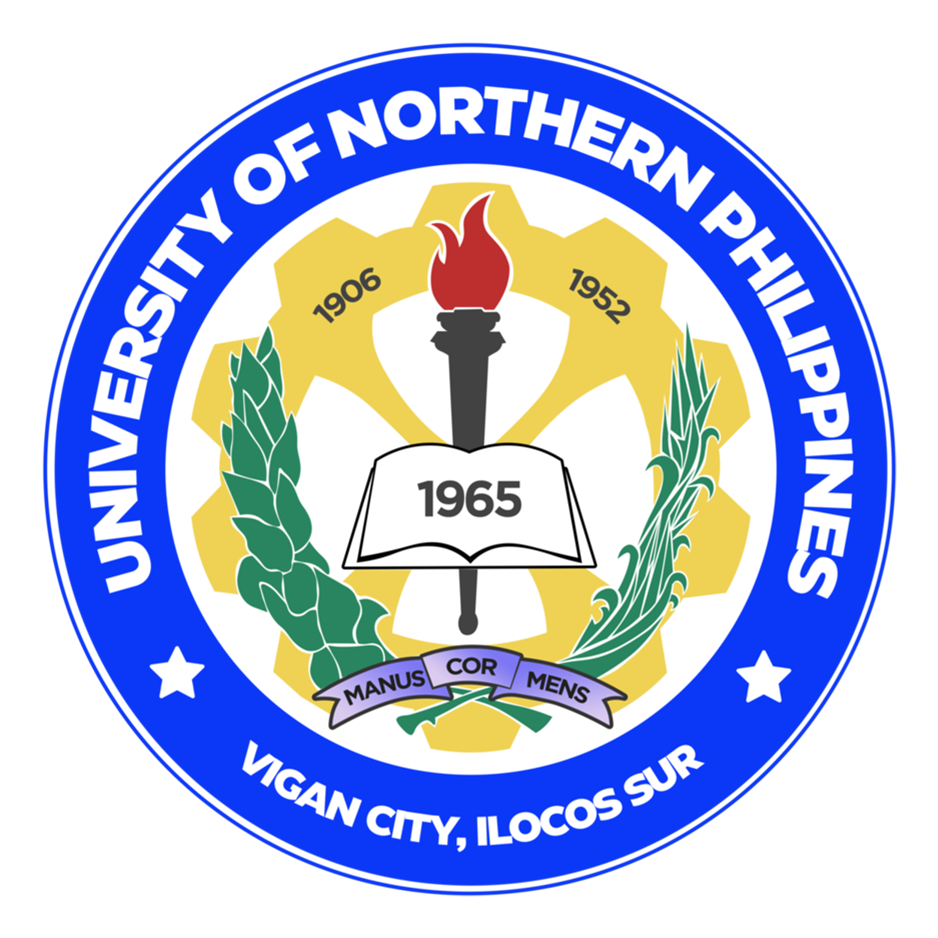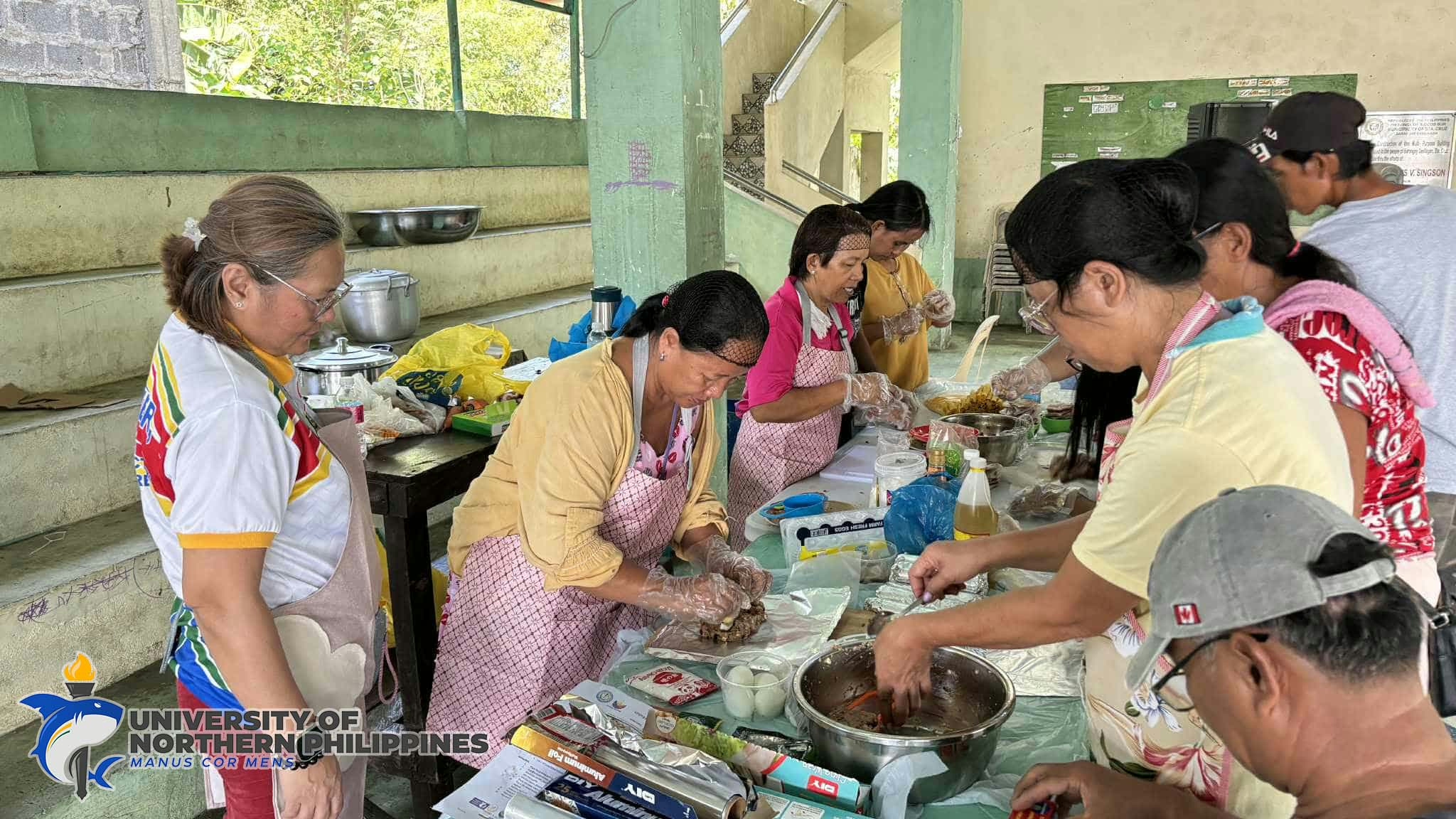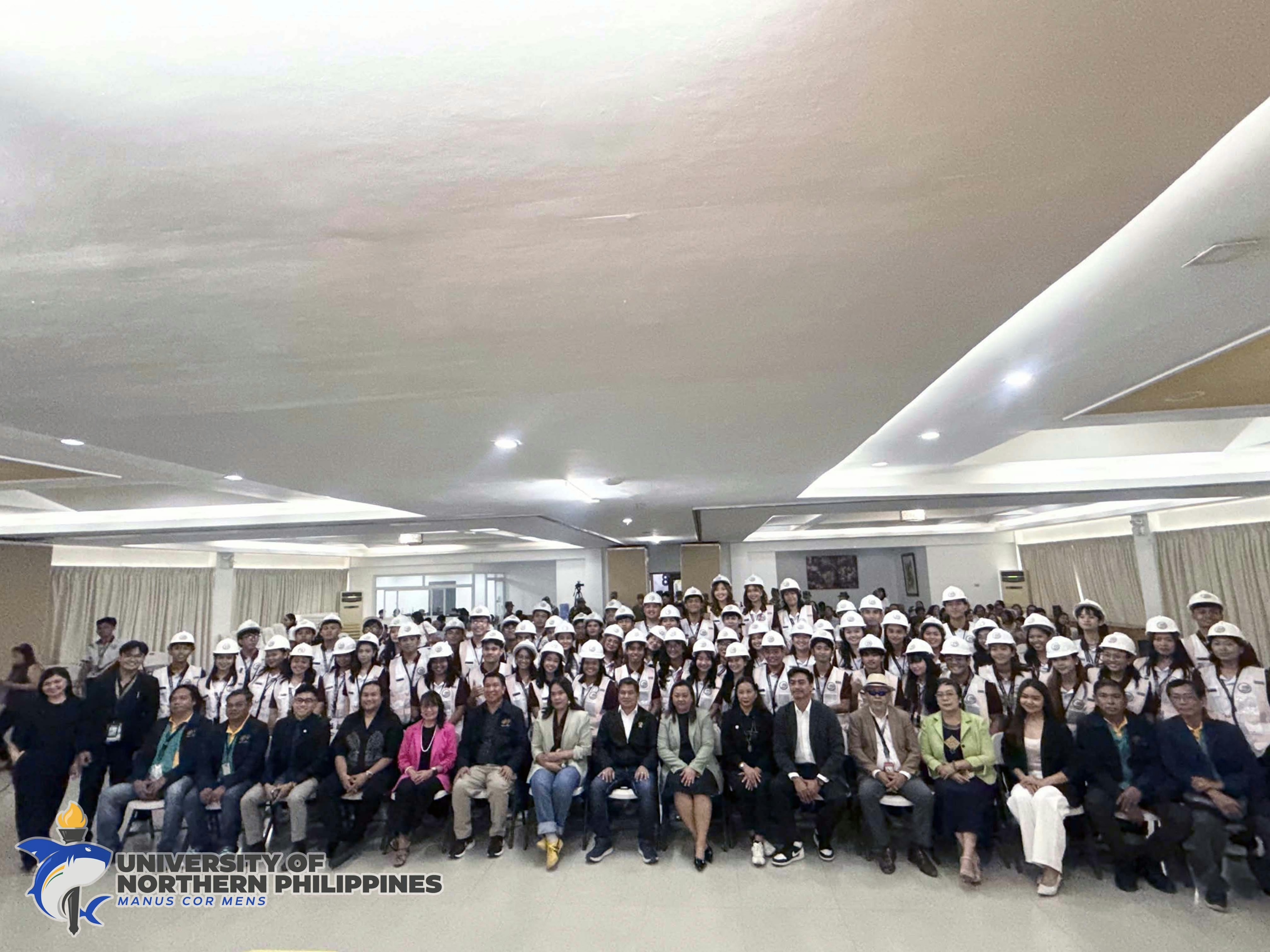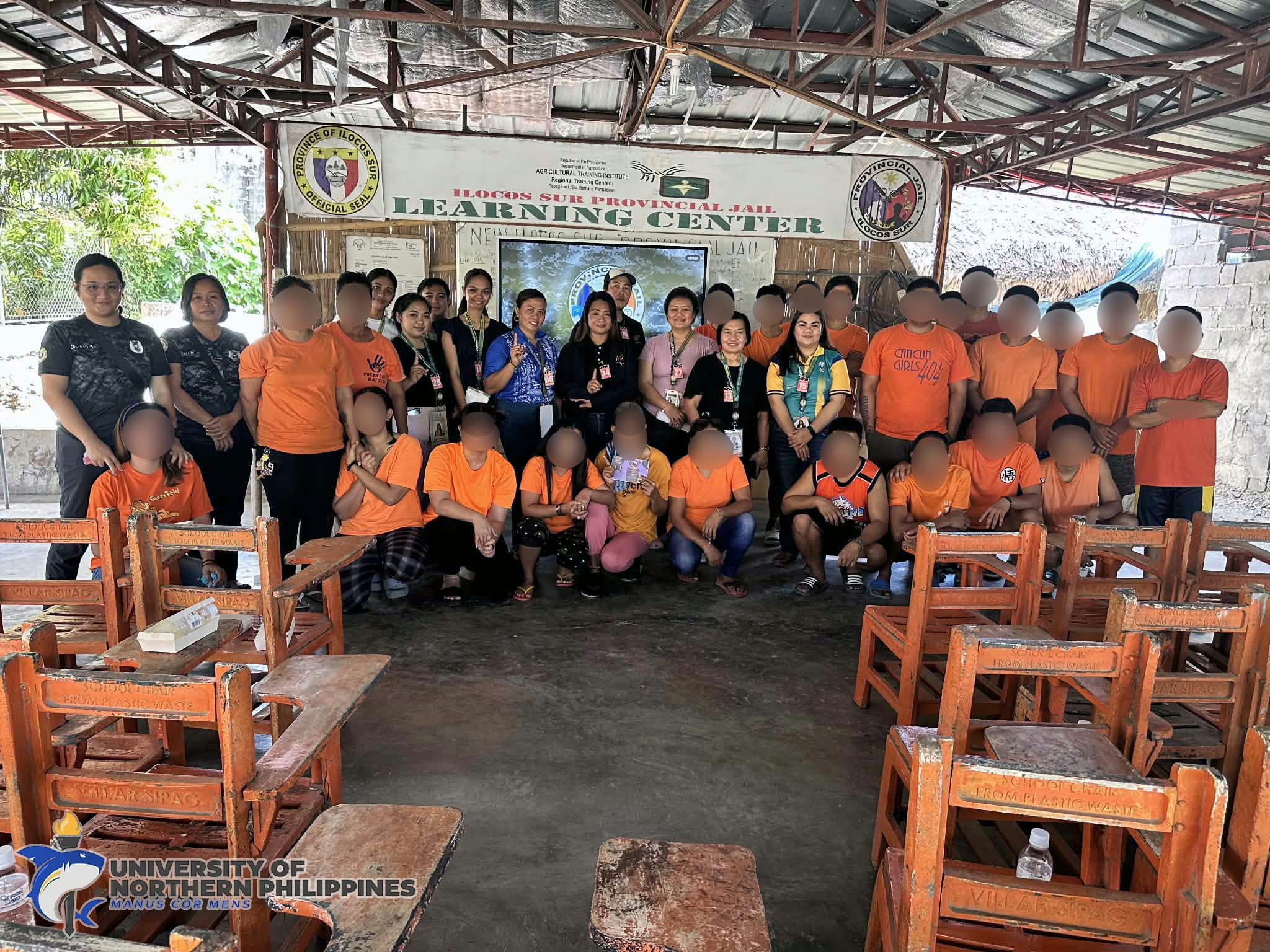A Skills Training on Meat Processing was successfully held on September 29, 2025, at Barangay Casilagan, Sta. Cruz, Ilocos Sur, drawing enthusiastic participation from community members eager to acquire practical livelihood skills. The initiative was spearheaded by the Office of the Vice President for Research and Extension, through the University Extension Office and the College of Teacher Education – MATLE-HE Department, in response to a request from the Municipal Social Welfare and Development Office (MSWDO) of Sta. Cruz.
The activity formed part of the university’s continuing efforts to extend its academic expertise to local communities, promoting sustainable livelihood opportunities and grassroots empowerment through hands-on, skills-based training.
The training on preparation of embutido, patties, skinless longganisa, and lumpiang shanghai aimed to enhance the participants’ knowledge and hands-on skills in meat processing, equipping them with income-generating competencies that could support their families and promote community-based entrepreneurship. Participants were guided through the proper preparation, preservation, and packaging of various meat products, emphasizing food safety and quality standards.
The training was spearheaded by Dr. Jeanina B. Batin, who served as the main trainer, alongside Prof. Jevie A. Abella, MATLE–HE students, and co-trainers Ms. Mikee Toledo, Ms. Mary Joy D. Soliven, and Ms. Darwizza Pagud. The activity was jointly facilitated and organized by Dr. Batin in collaboration with the Municipal Social Welfare and Development Office (MSWDO)–LGU Sta. Cruz, Ilocos Sur, and the Department of Social Welfare and Development–Sustainable Livelihood Program (DSWD–SLP) coordinators. MATLE–HE students also extended valuable support to ensure the event’s smooth implementation.
This extension initiative underscores the university’s steadfast commitment to empowering local communities through meaningful and practical training programs. By bridging academic expertise with grassroots development, the activity strengthens the institution’s role as a catalyst for sustainable livelihood opportunities and inclusive community growth.




